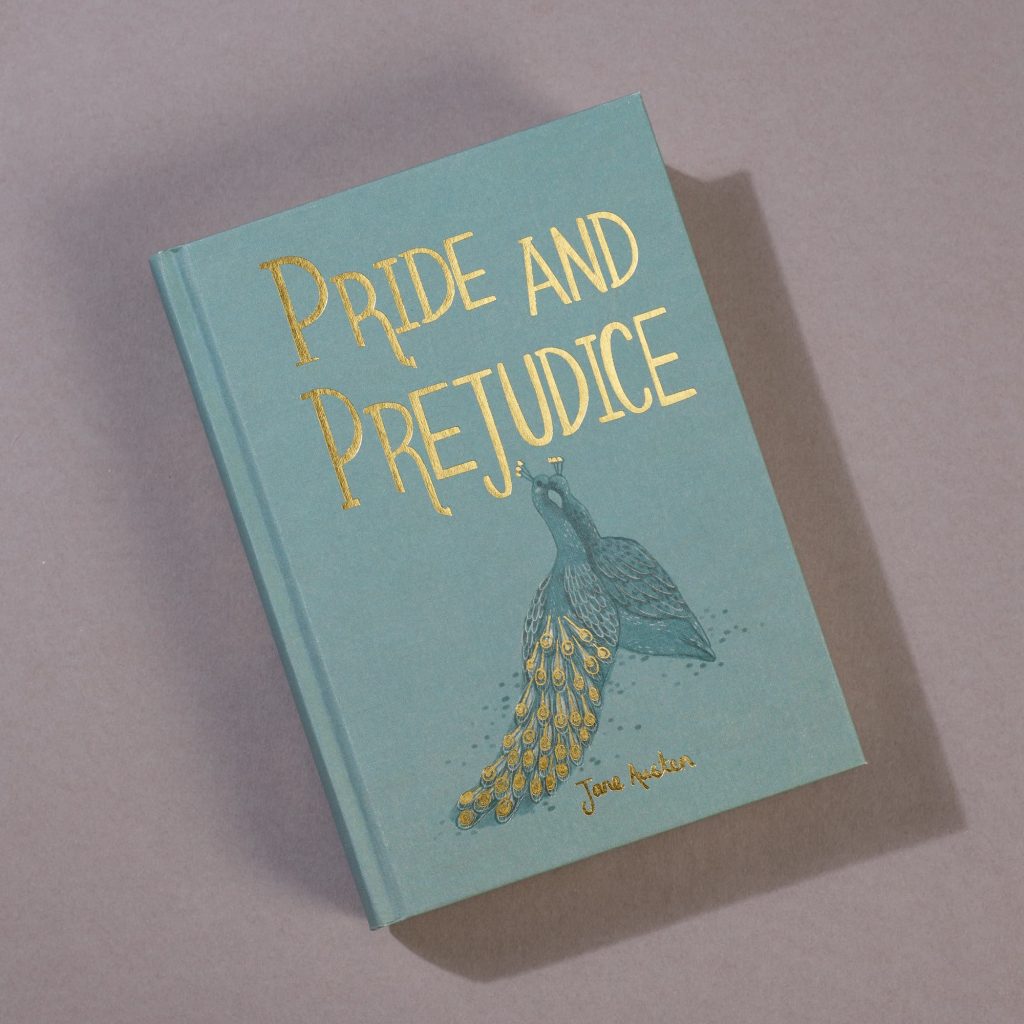In the fast-paced digital age, where e-books and online reading dominate, classical fiction books continue to captivate readers with their timeless appeal. These literary treasures have stood the test of time, offering a glimpse into different eras, cultures, and human experiences. In this article, we will explore the enduring charm of classical fiction books and delve into why they continue to be cherished by readers around the world.
Immersive Historical Settings
Classical fiction books transport readers to captivating historical settings, enabling them to experience different time periods through the eyes of compelling characters. Whether it’s the aristocratic ballrooms of Jane Austen’s Regency England in “Pride and Prejudice” or the tumultuous backdrop of Victor Hugo’s Paris in “Les Misérables,” these books invite readers to explore worlds long gone. Immerse yourself in the grandeur of ancient Rome in Robert Graves’ “I, Claudius” or witness the social upheaval of pre-Revolutionary Russia in Leo Tolstoy’s “War and Peace”. The richness of these historical settings adds depth and authenticity to the narratives, making them truly engrossing.
Classical fiction also offers valuable insights into societal norms, customs, and beliefs of the past. By stepping into the shoes of characters from different eras, readers gain a broader perspective on the human experience and how it has evolved over time. These stories become not just a form of entertainment but also a gateway to understanding our shared history.

Unforgettable Characters and Compelling Narratives
One of the hallmarks of classical fiction books is their ability to create memorable characters and tell compelling stories that resonate with readers for generations. From the brooding Mr. Darcy in “Pride and Prejudice” to the enigmatic Jay Gatsby in “The Great Gatsby,” these characters become indelible figures in literary history. Through their trials, triumphs, and personal journeys, readers find relatable reflections of their own hopes, dreams, and struggles.
Classical fiction often explores universal themes such as love, betrayal, ambition, and redemption. These narratives confront the complexities of human nature and provide readers with an opportunity for self-reflection. As we follow the characters’ journeys, we may find ourselves questioning our own values and choices, gaining valuable insights that can resonate long after the final page is turned.
Enduring Relevance and Literary Influence
Classical fiction books have left an indelible mark on the literary landscape, shaping the works of subsequent generations of authors. Many of the themes, storytelling techniques, and character archetypes found in contemporary literature can be traced back to these enduring classics. Works such as Fyodor Dostoevsky’s “Crime and Punishment” and “Jane Eyre” by Charlotte Brontë continue to inspire and influence writers today.

Moreover, classical fiction books often tackle timeless issues that remain relevant to contemporary society. Whether it’s George Orwell’s dystopian vision in “1984” or Harper Lee’s exploration of racism in “To Kill a Mockingbird,” these stories offer profound insights into human nature and social dynamics. They serve as a reminder that the challenges we face as individuals and as a society are not unique to our time, providing valuable lessons and perspectives that transcend generations.
Conclusion
Classical fiction books hold a special place in the literary canon, captivating readers with their immersive historical settings, unforgettable characters, and enduring relevance. Through these timeless works, readers can explore different eras, gain insights into the human condition, and appreciate the power of storytelling. So, next time you’re seeking a literary adventure, don’t overlook the enchantment of classical fiction. Open the pages of these treasured books and let their magic transport you to worlds both familiar and unknown.


